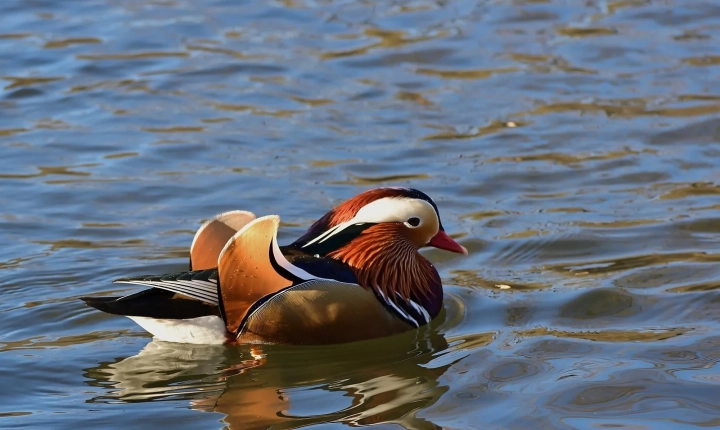Is ChatGPT Content Original?
In recent times, the use of AI-generated content has become increasingly prevalent, raising questions about the originality and authenticity of such content. One prominent example of AI-generated content is OpenAI’s ChatGPT, a language generation model that is capable of producing human-like responses to text input. This has led to discussions about whether the content generated by ChatGPT can be considered original.
The concept of originality in content can be a complex and subjective matter. Many argue that for content to be considered original, it must be created by a human mind, reflecting unique perspectives, thoughts, and experiences. However, with the advancement of AI technology, the line between human-generated and AI-generated content has become increasingly blurred.
In the case of ChatGPT, the AI model learns from a vast dataset of human-generated text, enabling it to generate responses that mimic human language and style. While the content produced by ChatGPT may seem original on the surface, it is important to acknowledge that it is ultimately a product of machine learning and does not originate from human creativity in the traditional sense. This raises questions about the intellectual property and ownership of AI-generated content.
Furthermore, the sheer volume of content that AI models like ChatGPT can produce within a short period is unparalleled, making it challenging to verify the originality of each piece of generated content. This presents a potential risk of plagiarism or unintended replication of existing works, further complicating the issue of originality in AI-generated content.
On the other hand, proponents of AI-generated content argue that it has the potential to offer a new form of creativity and inspiration. The ability of AI models to generate diverse and unexpected responses can spark new ideas and perspectives, ultimately contributing to the creative process. Additionally, AI-generated content can be used to automate routine tasks, freeing up human creators to focus on more complex and original work.
As the use of AI-generated content becomes more widespread, it is becoming increasingly important to address the question of originality in this context. It may require reevaluating existing definitions of originality and intellectual property rights to accommodate the evolving landscape of content creation.
Ultimately, the debate surrounding the originality of ChatGPT content and AI-generated content at large prompts us to consider the broader implications of AI technology on creativity, authorship, and the future of content creation. As AI continues to advance, it is crucial to strike a balance between leveraging its capabilities and ensuring that original human creativity remains valued and protected.
